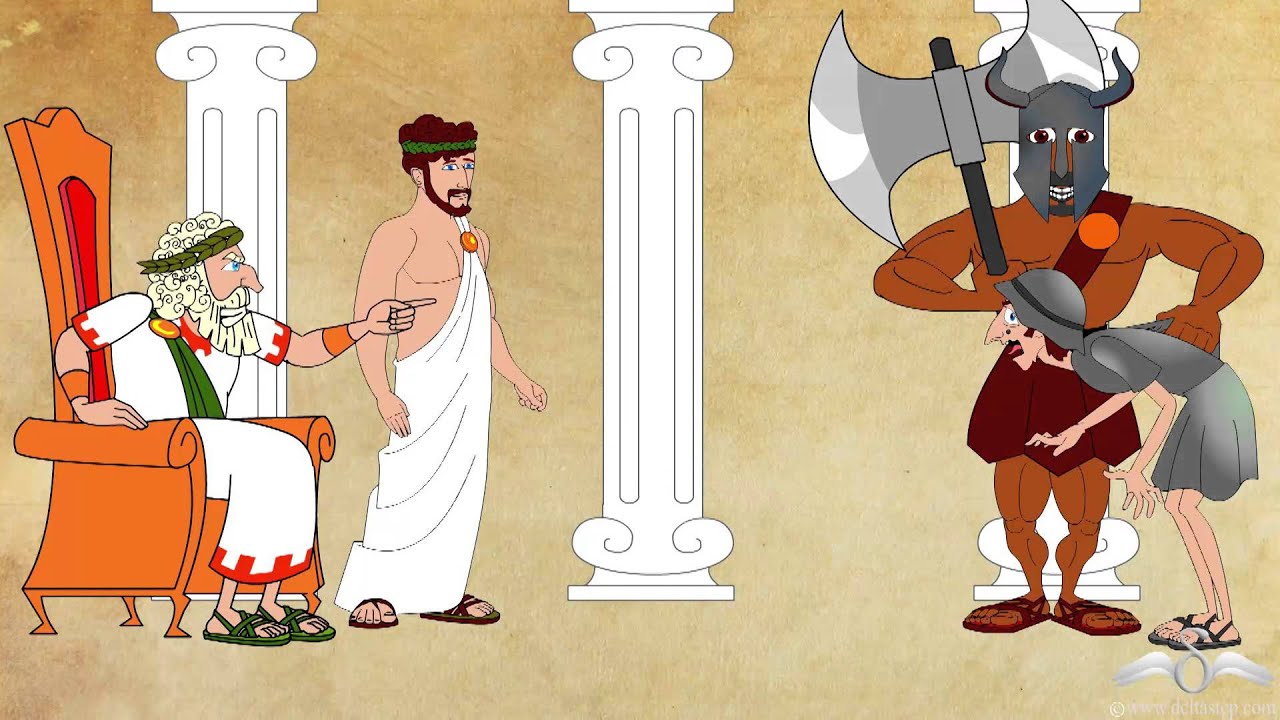The Greek word heureka, meaning “I have found it,” was made famous by Archimedes, a Sicilian philosopher (c. 287-212 B.C.).
Archimedes was given the task of finding out whether a crown presented to the ruler of Syracuse was really pure gold or alloyed with an inferior metal.
The philosopher was baffled until he stepped into his bath and noticed it overflowing. He realized that objects of equal weight but different density displace different amounts of water when immersed, the principle of specific gravity.
Since gold has a different density than other metals, immersion in water could be used to determine whether the crown was made of pure gold.
The idea excited Archimedes so much that he jumped out of the public bath shouting “Heureka! Heureka!”, then ran home naked to try the experiment.
